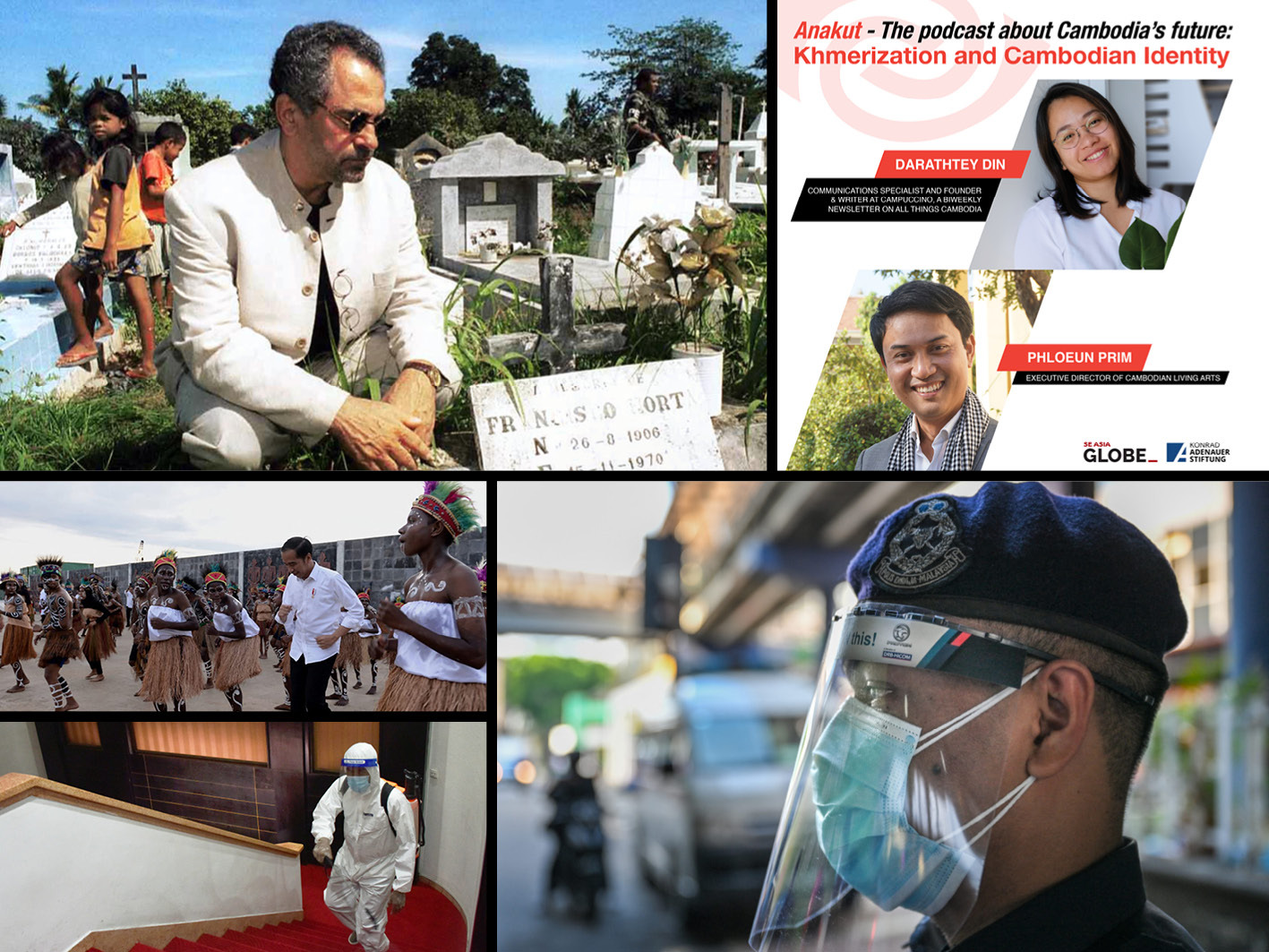Last week we said goodbye to Andrew as he flew back home to the US for a couple of months. While no one could ever replace the esteemed Mr Haffner, today – which happens to also be my last day at the Globe – I thought I would step in and try to fill his (very) big shoes.
Andrew already discussed change in last week’s newsletter, as the Globe undergoes a pretty significant transition with some familiar faces leaving and a new band of staff coming in, as well as several exciting projects underway. So, at risk of drilling this theme to its death, I won’t dwell on it too much, except to also take a moment to say my goodbye. It’s been a real privilege to work alongside this team for the last six months and I am so excited to see where the publication goes in its next stages. I’ll be sticking around Cambodia so you might still see my name pop up in a byline every so often!
In a poetic turn, this week, while I published my last article for the Globe, one of our newest recruits, Ashley Yeong, published her very first piece.
For my article, I had the opportunity to speak with the former president of Timor-Leste, and Nobel Peace Prize laureate, José Ramos-Horta. We went back to his role as a leading figure within the country’s independence movement and his quarter-century exile during the Indonesian occupation. Speaking with the former president was a real joy – he recounts stories with such animation, weaving in personal anecdotes behind major national and global events.
While Ashley’s article could not be more different from my own, it’s a gripping look at police brutality in Malaysia through the lens of a new animated film. The film, Chili Powder and Thinner, brings to light the rising violence, and deaths, being recorded in custody. And yet, these numbers are often downplayed by officials eager to hide the reality of what happens to those locked behind bars. In her first piece, new Globe intern Ashley does a wonderful job of tying the film to its greater social and political impact and importance.
We also published a new episode of season two of our Anakut podcast in which Andrew and Thina spoke with social commentator Din Darathtey and Cambodian Living Arts executive director Prim Phloeun about the Cambodian identity beyond the Khmer majority. In Cambodia, being Khmer is often believed to be interchangeable with being Cambodian, however the two are different. In the episode, Andrew and Thina break down these differences while looking at ‘Khmerisation’ and other, non-Khmer ethnic groups that make up Cambodia’s rich and diverse tapestry.
Pivoting to Indonesia, two weeks ago was the anniversary of Indonesian President Joko Widodo’s – Jokowi’s – first election in 2014. We took a look at his commitment to moving the capital from Jakarta to the island of Borneo in an effort to cement his legacy as his second term in office wears on. This week we dove into another of his noteworthy policy decisions: strengthening Jakarta’s relations with Papua. In an informative op-ed, Arie Ruhyanto discusses Jokowi’s ambitions in Papua and how his efforts have been perceived by the Papuan people.
And bringing the week full circle, we had one more piece on Timor-Leste, looking at the impacts of Covid-19 in the country on the hospitality industry in the small Southeast Asian country. First time contributor Aashna Jamal reports on how mandatory quarantine has been a lifeline for many struggling hotels, offering them much needed revenue during these trying times.

